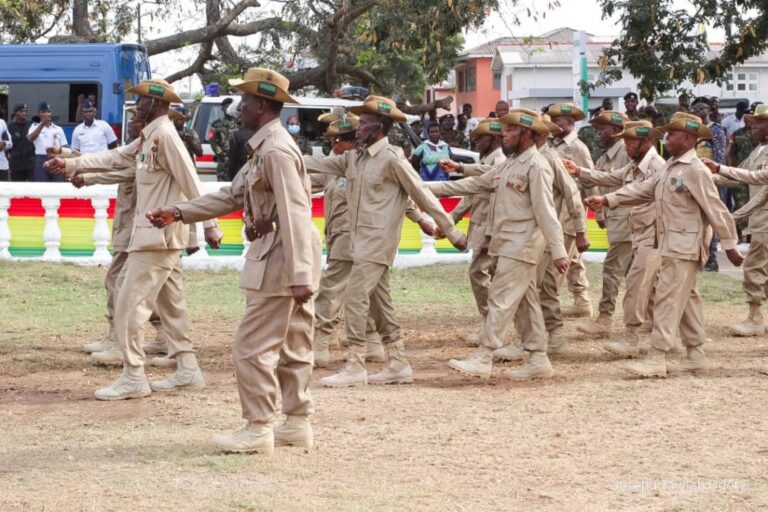Today marks 77 years since the tragic events of February 28, 1948, when Sergeant Adjetey, Corporal Attipoe, and Private Odartey were fatally shot by colonial authorities at the crossroads near Christiansborg (Osu) Castle. Their deaths ignited nationwide protests that played a critical role in Ghana’s journey to independence.
The three ex-servicemen were part of a group of World War II veterans who had fought for the British Empire and returned home with high expectations. They had been promised fair compensation and better livelihoods, but instead, they faced neglect and economic hardship. Frustrated by the government’s refusal to address their grievances, they decided to march to present a petition to the British governor of the Gold Coast.
As they approached Osu Castle, British Superintendent Imray ordered them to halt. When they did not disperse, he personally fired into the crowd, instantly killing two men and wounding others. The shootings triggered widespread outrage, leading to days of riots across Accra and other parts of the country.
While the ex-servicemen’s struggle was the immediate cause of the unrest, another major factor was the economic hardship faced by Ghanaians. Nii Kwabena Bonne, a Ga chief and businessman, had organized a boycott against European, Indian, and Lebanese traders, protesting the high cost of living. The boycott, which began on January 26, was scheduled to end on February 28, the same day the shooting occurred. Miscommunication about price reductions further fueled public anger, turning the situation into a full-blown crisis.
The riots that followed the shootings forced the colonial government to take action, but instead of addressing the people’s grievances, they blamed the leaders of the United Gold Coast Convention (UGCC), including J.B. Danquah, Kwame Nkrumah, and Ako Adjei. Their arrests only intensified the push for independence, with Nkrumah gaining more prominence as he later formed the Convention People’s Party (CPP) and launched the “Positive Action” campaign.
The British government responded by setting up the Watson Commission, which condemned the existing colonial system and recommended constitutional reforms. This led to the drafting of the 1951 constitution, paving the way for the CPP’s victory in the first elections under self-rule.
Though the 1948 riots were not the sole reason for Ghana’s independence, they marked a turning point. The sacrifices of Sergeant Adjetey, Corporal Attipoe, Private Odartey, and the efforts of figures like Nii Kwabena Bonne accelerated the nation’s fight for freedom.
As Ghana reflects on this historic day, their bravery remains a symbol of the struggle that ultimately led to independence on March 6, 1957.
 GhArticles.com Every News in Detail
GhArticles.com Every News in Detail


